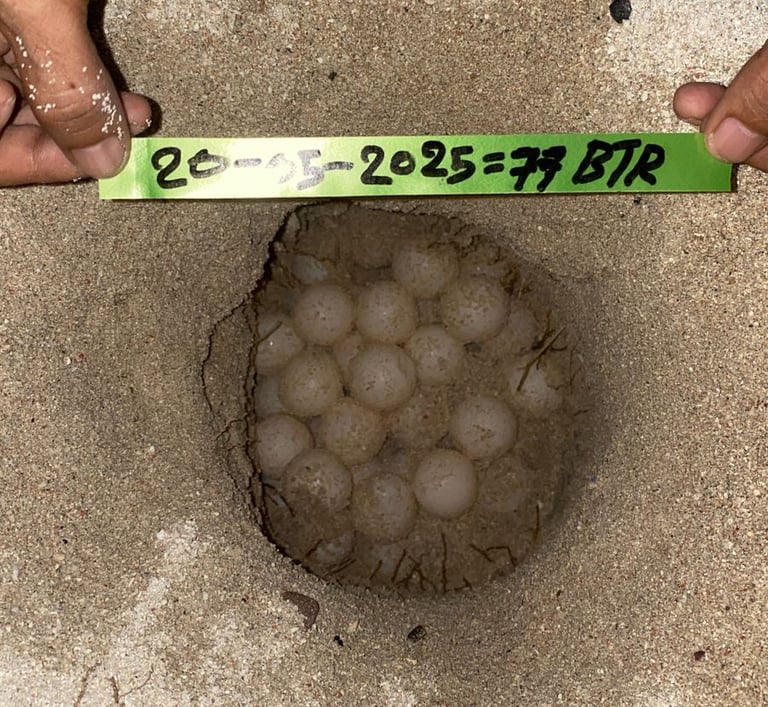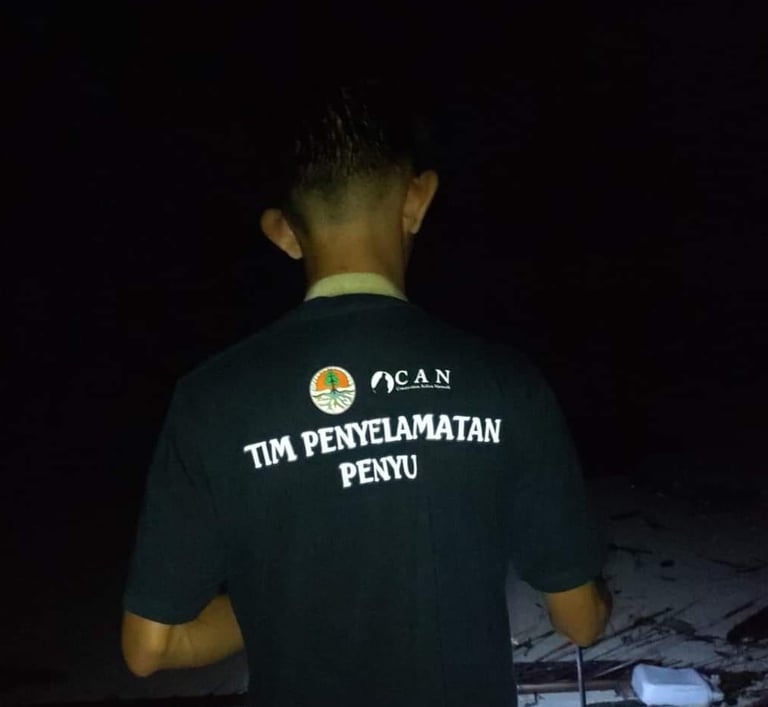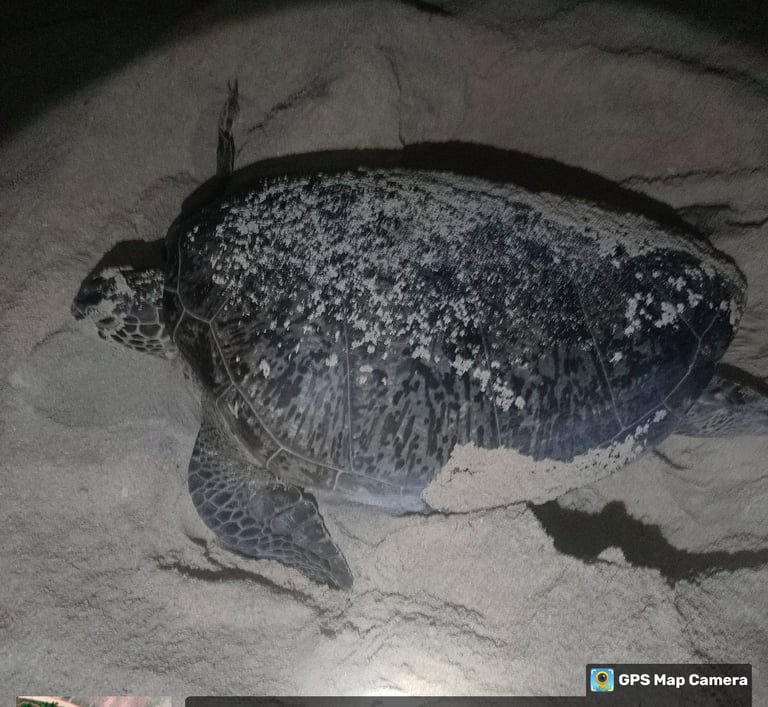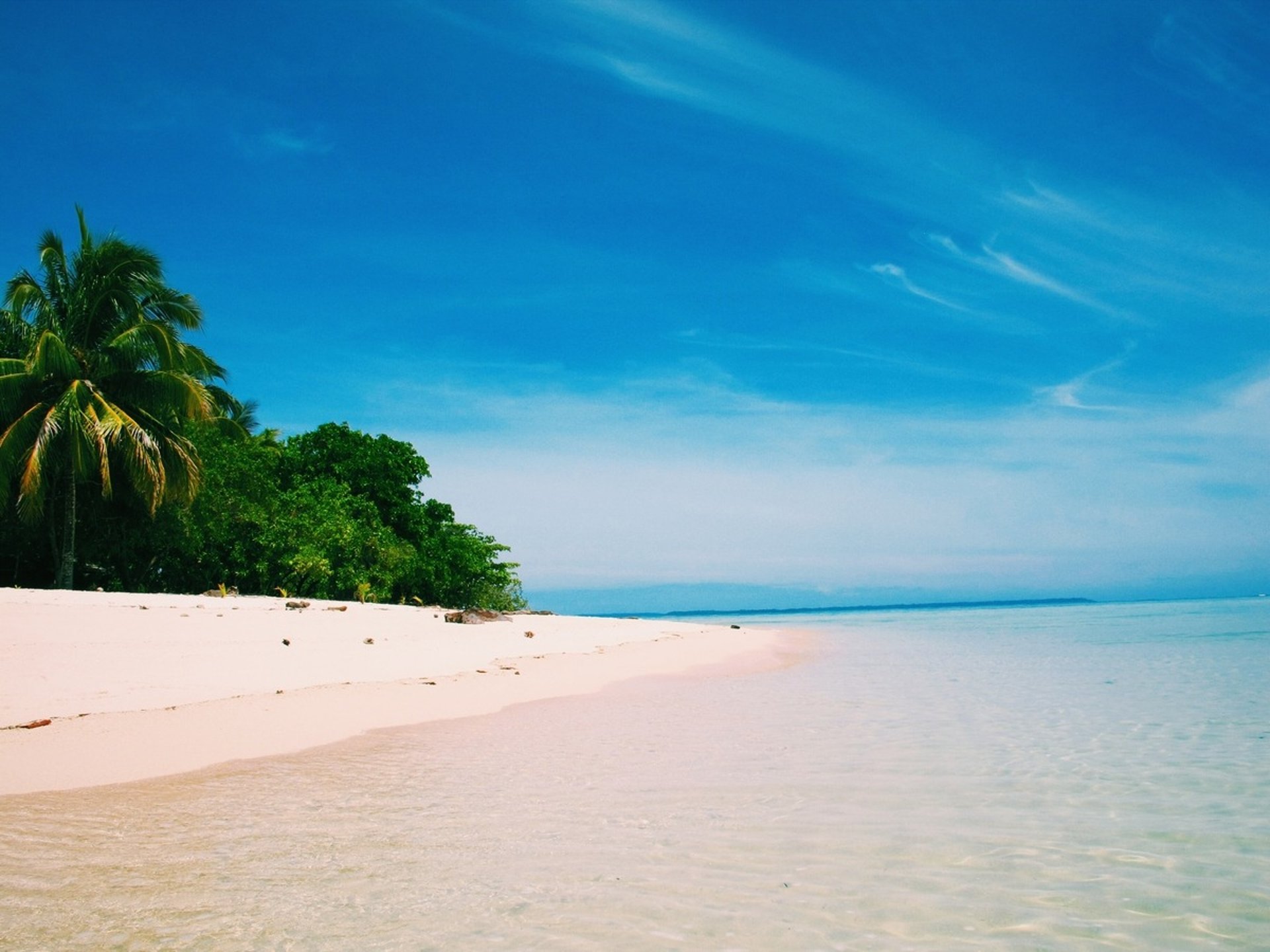
Sea Turtel Guardian
Within CAN’s conservation program, Turtle Guardians are the frontline defenders made up of local communities, field rangers, and volunteers who monitor nesting beaches, safeguard turtle nests, raise public awareness, and ensure that eggs are not poached and hatchlings can safely make their way to the sea.
Sea Turtel Project
Protecting Nesting Island

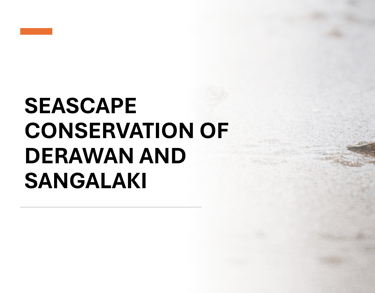

The conservation initiative in the Derawan Islands has taken a significant step forward by deploying a dedicated team of rangers. These rangers are tasked with conducting regular patrols across critical project areas and nesting beaches. Their primary role is to monitor turtle nesting activity and ensure that the natural processes are not disturbed by human interference. To strengthen conservation efforts, several rangers are stationed directly on the islands. Their presence ensures that any incidents, such as poaching attempts or habitat disruption, can be immediately addressed. These stationed rangers are particularly crucial during the peak nesting and hatching seasons.
One of their key responsibilities includes the identification and protection of turtle nests. Upon locating a nest in a vulnerable or high-risk area, the ranger team initiates a carefully planned relocation process. The eggs are transferred to semi-natural hatcheries where they can develop safely. This intervention has proven vital in increasing hatchling survival rates. Once hatched, the baby turtles or tukik are released into the sea at optimal times, improving their chances of survival. Each release is carefully documented to track the success of the program.
What makes this program truly impactful is its community-based approach. All rangers involved are recruited from local communities across the Derawan Islands. This not only creates economic opportunities but also fosters a strong sense of ownership and pride in protecting the environment. The rangers receive regular training on ecological monitoring, nest handling, and data recording. They also learn how to interact with tourists and share information about sea turtles and the importance of conservation. Their knowledge becomes a bridge between science, community, and ecotourism.
